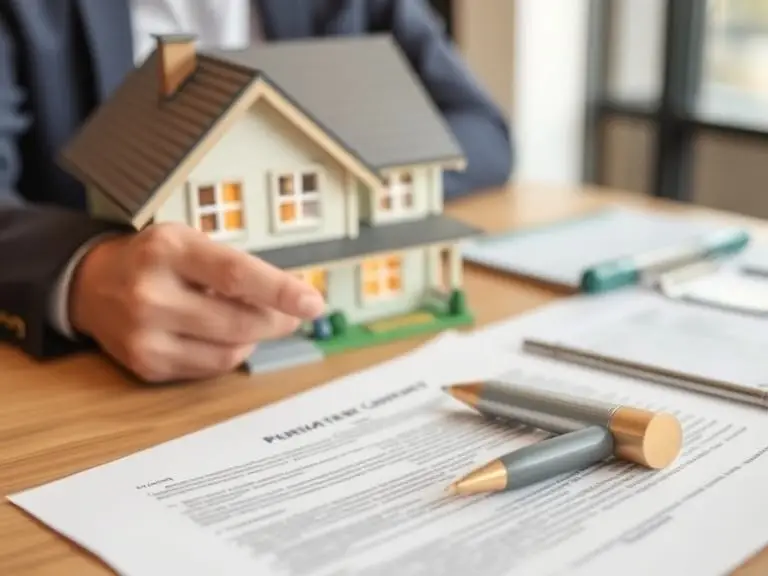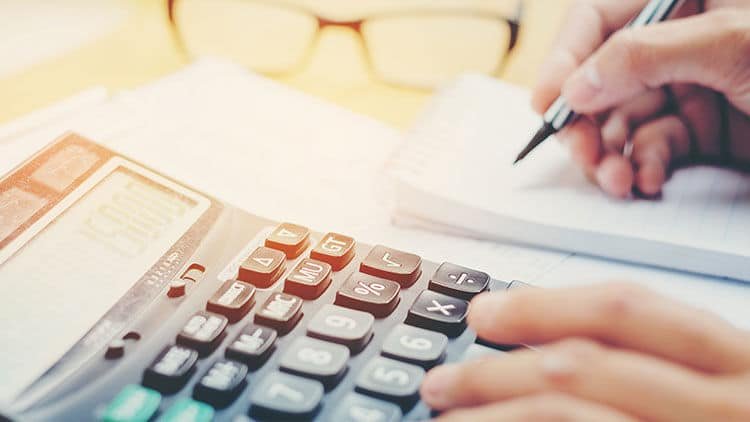THE STEPS TO BUYING A PROPERTY ON THE COSTA DEL SOL
1) FORMAL OFFER AND GOOD FAITH DEPOSIT
Once you find a property you wish to purchase, the first step is to make a formal offer in writing and provide a good faith deposit. The deposit, usually held by the lawyer, varies based on the property price and other factors.
Your Sales Agent, as your trusted real estate broker in Marbella, will advise you on the exact amount. If the Seller accepts your offer and signs it, the property is taken off the market, and a reserve agreement is formed. This agreement will outline the conditions and timelines for the next steps.
We always recommend working with a solicitor when buying a property in Marbella. We can connect you with a lawyer who speaks your language to ensure the process is smooth and legally sound.

2) FORMAL OFFER AND PRIVATE PURCHASE CONTRACT (CONTRATO PRIVADO DE COMPRAVENTA)
The Private Purchase Contract (Contrato privado de compraventa) is a simple agreement where the Seller agrees to sell and the Buyer agrees to purchase the property at the agreed price.
This contract will outline key details such as the property description, price, payment terms, and completion date. At this stage, the Buyer typically makes a downpayment (usually 10% of the purchase price, though this can vary), which is paid to the Seller’s bank account.
A clause in the contract usually states that if the Seller withdraws from the sale, the Buyer will receive double the downpayment as compensation. However, if the Buyer withdraws, the deposit is forfeited.
Before entering into the contract, due diligence checks are carried out to verify the legal and technical details of the property, ensuring everything is in order before proceeding with buying a property in Marbella.

3) COMPLETION OF THE PUBLIC DEED OF CONVEYANCE (ESCRITURA DE COMPRAVENTA)
On the agreed completion date, the balance of the purchase price is paid. The Buyer and Seller then sign the Public Deed of Conveyance (Escritura de compraventa), which is equivalent to the title deed of the property.
This deed is signed in front of a Notary Public, who certifies the property transfer. A copy of the deed is then sent to the Spanish Tax Office and the Property Registry.
Although the Notary Public is required to witness the deed, it’s crucial to have an independent legal advisor to protect your interests throughout the process.
COSTS INVOLVED IN THE PURCHASE
1. NEW BUILD PROPERTY FROM A DEVELOPER
For new residential properties and building plots of land, VAT (IVA) and Stamp Duty (AJD) apply.
- VAT: 10% for new residential properties like Marbella new builds for sale and 21% for building plots.
- Stamp Duty: Varies by region, between 0.5% and 1.5% of the purchase price.
2. RESALE PROPERTY FROM A PRIVATE INDIVIDUAL
For resale properties, Transfer Tax (ITP) applies. This tax varies by region, typically between 6% and 11% of the purchase price.
3. SOLICITOR’S FEES
Though not required by law, it is highly recommended to hire a solicitor when buying a property in Marbella. Fees generally range around 1% of the property price, depending on the scope of the work.
4. NOTARY PUBLIC’S FEES AND LAND REGISTRY FEES
Notary fees depend on the purchase price and the complexity of the deed.
ADDITIONAL COSTS AFTER PURCHASE
1. WEALTH TAX FOR NON-RESIDENTS (PATRIMONIO)
Non-residents are required to pay an annual wealth tax based on the net value of their assets in Spain. This includes properties, stocks, bank funds, etc. The tax rate is progressive, starting at 0.2% and rising to 2.5%. There is a significant tax-free allowance, which varies by region.
For couples, the wealth tax is split, so if two clients purchase a property, the tax is based on their individual shares.
2. COMMUNITY FEES
Applicable when purchasing an apartment or townhouse within a community of owners. These fees cover shared expenses like concierge service, maintenance, and cleaning. They are typically paid monthly or quarterly. For example, if you are considering buying new apartments in Marbella, community fees can vary based on the property’s amenities and services.
3. NON-RESIDENT INCOME TAX (IRNR)
Non-residents are subject to income tax if they own property in Spain which is paid every year. Even if the property is not rented out, the tax applies based on the imputed annual income from the property. The rate is 19% for EU residents and 24% for non-EU residents.
If the property is rented out, tax is calculated based on the rental income, with possible deductions for property management and maintenance costs.
ADMINISTRATIVE REQUIREMENTS
1. SPANISH NIE (TAX IDENTIFICATION NUMBER) AND BANK ACCOUNT
Before completing the purchase, non-Spanish buyers must obtain a Spanish NIE (Número de Identidad de Extranjero) and open a Spanish bank account. The NIE is required for tax and property-related matters.
It’s advisable to obtain the NIE early in the process to avoid delays. If necessary, a Power of Attorney can be used to delegate this task.
A Spanish bank account is needed to manage payments. The bank will require documentation to prove the source of the funds being used for the purchase, particularly if you’re interested in luxury real estate Marbella or any other high-value properties.
For more details on taxes and legal matters, please contact us at info@marbellainvestpro.com











